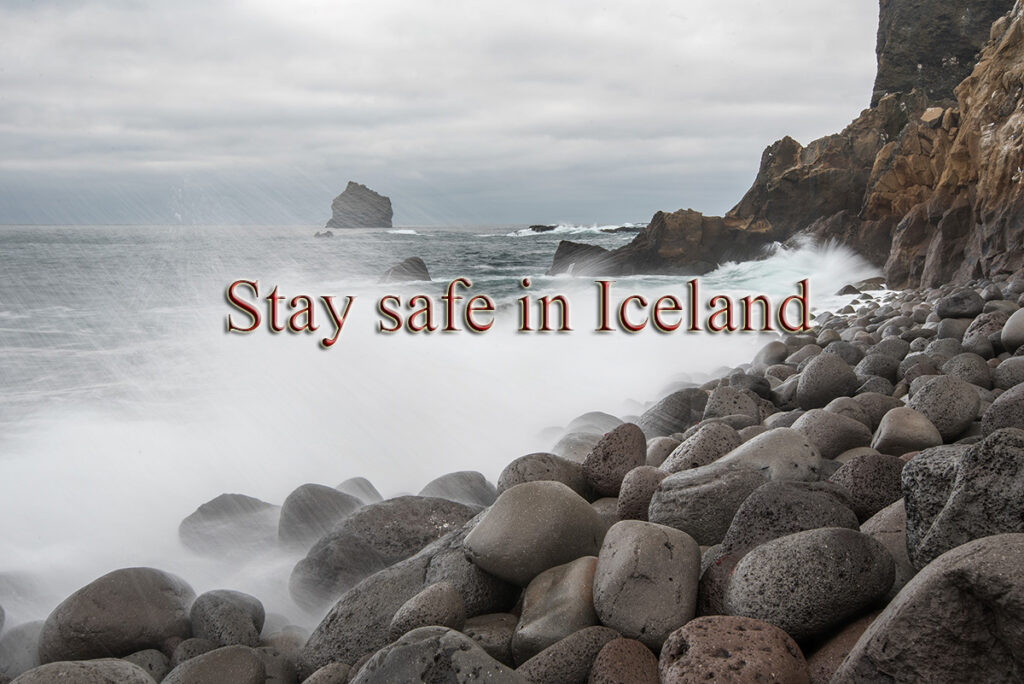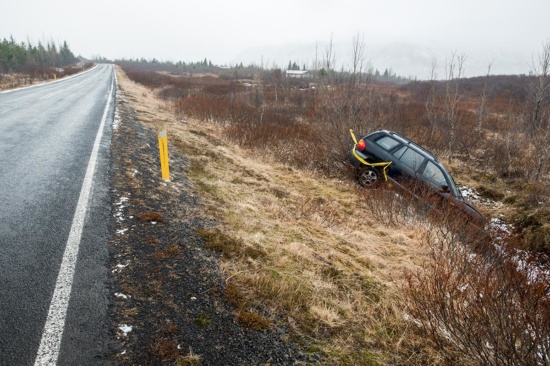I could not complete this guide for travelers to Iceland without mentioning safety. Please, read it carefully for your own sake. Approximately 25 tourists die in Iceland every year and I bet you want to come home safe, right?!

Iceland is beautiful and tempting due to its raw nature, and not many civilized ‘corporate’ people are ready for it. Approximately 25 tourists won´t come back home from their trip to Iceland alive this year, several hundred return home with many different injuries, most of them due to the combination of overestimating their abilities and underestimating the Icelandic wild. The majority of the enclosures were set up to protect the nature, but be sure that some of them are there to keep you safe. Falling from cliffs, drowning, getting lost and hypothermia or getting permanently lost in a glacier are among the most typical causes of death. Then, there are some unusual cases like being hit by a car in the middle of the road while taking a long exposure photo of the Northern Lights by a driver who was also admiring the show instead of keeping his eyes on the road.
But to be honest, it is important to stress, that the most common cause of of tourist death is actually cardiovascular failure. Even though you might consider it a natural cause of death, it is not. People used to living in a flat, using cars, elevators, eating too much and doing too little are not used to really demanding activities and that can be fatal. So, if you are planning to go to Iceland (and you obviously are:) the best thing you can do now is to start preparing your body for the trip. Walks, jogging, going to the gym and even just using the stairs instead of the elevator are a good way of getting fit.

Put simply, be cautious, don´t be foolish and don´t overestimate yourself.
If you are in any danger, do not hesitate to call 112. Sooner is always better! Depending on what the problem is, an ambulance or the ICE-SAR (Icelandic Search and Rescue) can come to help you!
Please take into consideration that there are vast areas not covered by a mobile signal (even in some places where there is a road). If you are about to explore such places, leave your travel plan on safetravel.is. Moreover, there you can read a lot of useful information on how to be safe in Iceland.
p.s. ICE-SAR is a volunteer-based organization and if you think you´d like to support them, you can do it here.
